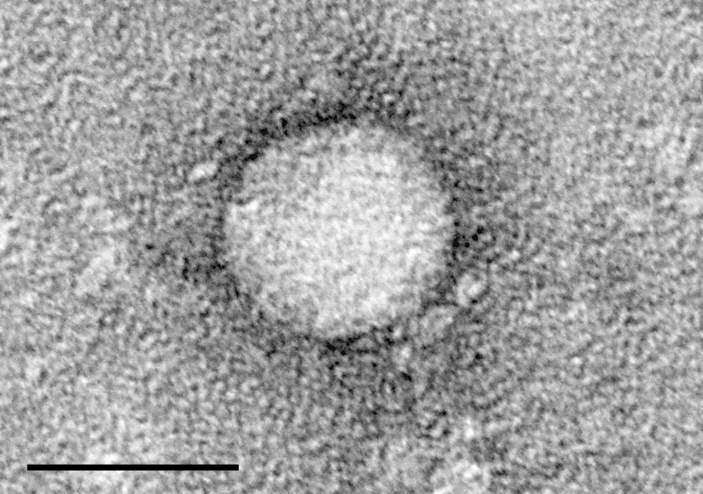
A boy with HIV and his sisters' fight for justice
Rob Gibbs was among an estimated 380 children who developed HIV and Hepatitis C after being treated with infected blood.

Hepatitis C is an infectious disease caused by the hepatitis C virus (HCV) that primarily affects the liver; it is a type of viral hepatitis. During the initial infection period, people often have mild or no symptoms. Early symptoms can include fever, dark urine, abdominal pain, and yellow tinged skin. The virus persists in the liver, becoming chronic, in about 70% of those initially infected. Early on, chronic infection typically has no symptoms. Over many years however, it often leads to liver disease and occasionally cirrhosis. In some cases, those with cirrhosis will develop serious complications such as liver failure, liver cancer, or dilated blood vessels in the esophagus and stomach.
Rob Gibbs was among an estimated 380 children who developed HIV and Hepatitis C after being treated with infected blood.